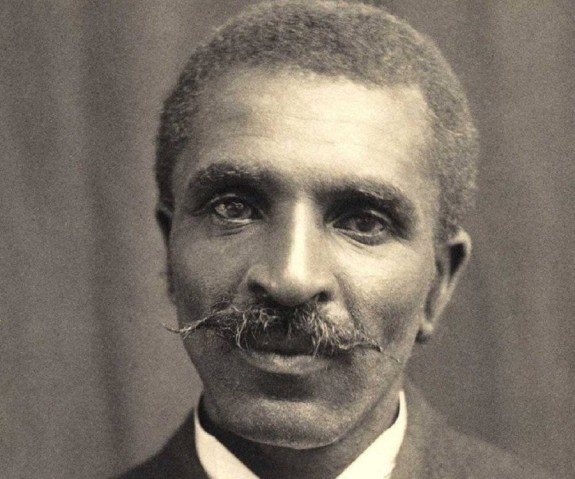George Washington Carver: Black community hero who revolutionized the US agricultural economy
George Washington Carver was an American scientist and inventor. He specialized in plant life and was also an educator. He was born around 1864 on the farm of Moses Carver, near the end of the Civil War. Carver grew up on the farm and grew his own garden. He soon earned the nickname “The Plant Doctor.”

George Washington Carver was an American agricultural chemist, agronomist, and botanist.
The son of slaves, George spent most of his career teaching and researching at the Tuskegee Normal and Industrial Institute (now Tuskegee University) in Tuskegee, Alabama. But it was only after a painful process that he trained himself and became a successful person.
Early Life and Education
Carver was born into a slave in Missouri. His year of birth was probably 1860 or 1864.
Their master was the German-American immigrant Moses Carver. George was abducted when he was a week old. Moses Carver paid for his family to return. Moses Carver was a kind-hearted man who raised George as his own child after the abolition of slavery in America and furthered his intellectual pursuits. George attended various schools before earning his degree at Minneapolis High School in Kansas. But he was first rejected by the universities. In 1891, he became the first black student of the Iowa State Agricultural College. He has a master's degree in botany.
George Carver began teaching as the first black faculty member at the Iowa State Agricultural College. His successful work in plant pathology and mycology made him an important botanist and gained nationwide fame.
Carver was a farmer-scientist. He taught farmers how to grow better crops using farm waste products. He turned corn stalks into building material. Lack of crop rotation was a problem in the southern states of America. Repeated plantings of cotton were depleting the soil of nutrients. Carver promoted the production of peanuts, which provided nitrogen as an alternative to cotton to prevent soil depletion. He persuaded the farmers to plant cotton and peanut alternately.
George Washington Carver died after falling down stairs in Tuskegee, Alabama on January 5, 1943. He was in his 80s. He never married and donated all of his property to the Carver Museum and the George Washington Carver Foundation.
